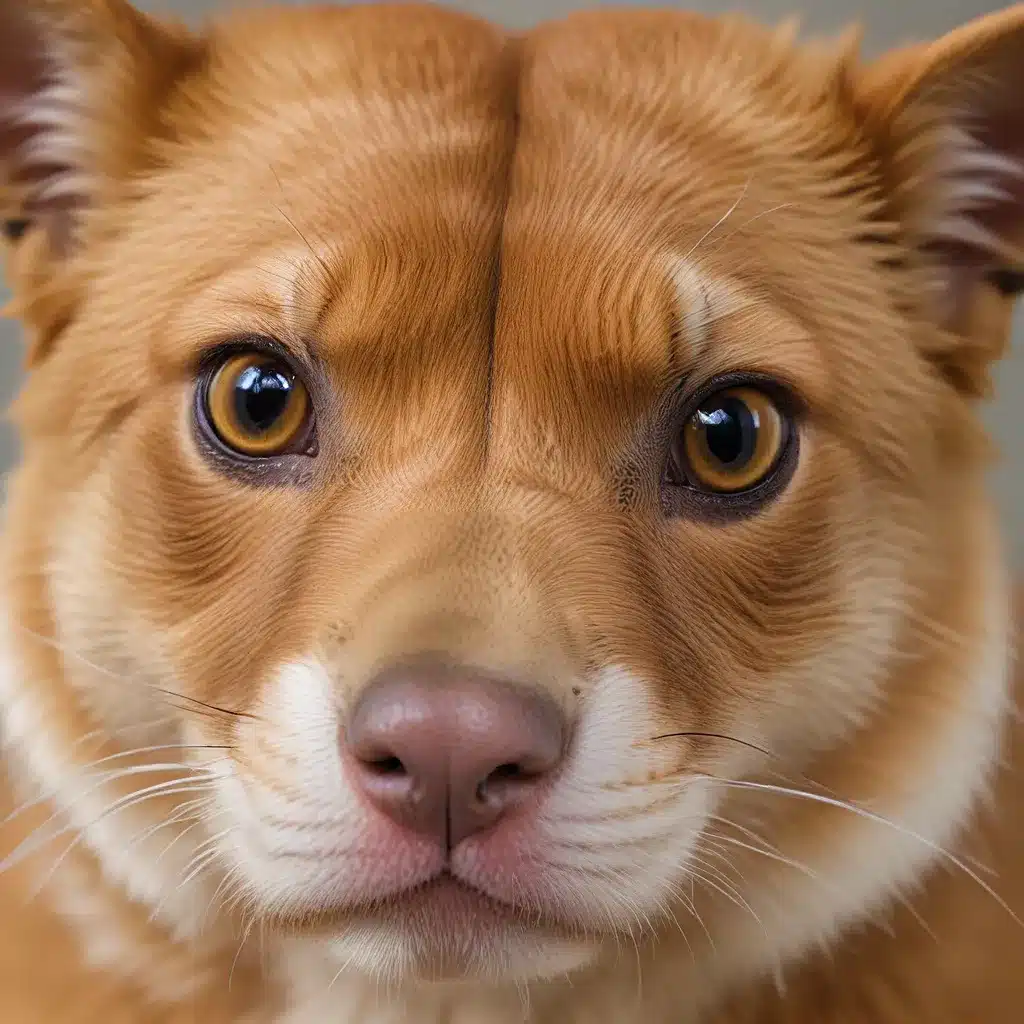
The Gateway to Exotic Animal Empowerment
Ah, the allure of exotic pets – those captivating creatures that capture our hearts and imaginations. But let me tell you, my friends, owning an exotic pet is not for the faint of heart. It’s a journey filled with complexities and challenges that can make even the most seasoned pet enthusiast question their sanity. That’s where I come in – your guide through the wild and wonderful world of exotic pet ownership.
As an animal behavior expert with over 18 years of experience working with parrots, I’ve seen it all. From the joys of watching a giraffe gracefully extend its long neck to the sheer terror of staring down an alligator’s powerful jaws, I’ve navigated the intricacies of exotic animal behavior with a keen eye and an unwavering passion.
You see, my gateway to this captivating realm was none other than the humble parrot. These feathered friends, with their intelligence and complex social structures, have taught me more about the nuances of animal behavior than I ever thought possible. And it’s this deep understanding that I want to impart to you, so that you can embark on your own exotic pet journey with confidence and a behavioral training approach that will set you and your animal companion up for success.
Embracing the Complexities
Let’s dive right in, shall we? As someone who has worked with a diverse array of exotic species, from bears and giraffes to pigs and primates, I can tell you that the complexities involved in owning these animals are not to be taken lightly. But trust me, the rewards far outweigh the challenges – if you’re willing to put in the work.
Take birds, for instance. These fascinating creatures have evolved a remarkable set of senses and behaviors that can make them, well, a bit of a handful. Their acute vision, capable of detecting ultraviolet light, allows them to pick up on the subtlest of cues in their environment. And when it comes to their bodies, those feathers can make it tricky to read their subtle muscle movements – a crucial skill for any aspiring exotic pet owner.
But it’s not just the physical attributes that make birds a unique challenge. Their high metabolic rates mean they need to eat frequently, and their beaks pack a serious punch (seriously, you do not want to be on the receiving end of a macaw’s bite). And let’s not forget that birds are prey animals, constantly on the lookout for potential threats – a factor that can significantly impact their behavior and training.
As I’ve learned through my work with birds, these complexities can be both a blessing and a curse. On one hand, they challenge us to fine-tune our skills and approaches, pushing us to become better readers of behavior. But on the other, they can also lead to frustrating setbacks, like a bird taking flight and abandoning a training session.
The Behavioral Training Approach
So, how can you navigate these complexities as an exotic pet owner? The answer lies in a comprehensive behavioral training approach – one that I’ve honed and refined over the years through my work with countless species.
At the heart of this approach is the understanding that communication is key. We may not be able to speak the same language as our animal companions, but we can learn to read their cues and respond accordingly. By using positive reinforcement and shaping desired behaviors, we can build a foundation of trust and mutual understanding that will serve us well throughout the life of our exotic pets.
But it’s not just about the training – it’s about adapting our own behaviors and expectations to match those of our animal friends. Take, for example, the way birds move their heads. Since their eyes are fixed in their sockets, they have to rotate their entire head to focus on their surroundings. As a trainer, I’ve learned to be mindful of this and adjust my own movements accordingly, ensuring that I don’t inadvertently startle or overwhelm the birds I work with.
And just like in my own personal relationships, I’ve found that the key to success with exotic pets is patience, empathy, and a willingness to learn. It’s about stepping into their world, understanding their unique needs and preferences, and tailoring our approach to their individual quirks and personalities.
The Rewards of Exotic Pet Ownership
Now, I know what you’re thinking – “Whoa, this all sounds like a lot of work!” And you’d be right. Owning an exotic pet is not for the faint of heart. It requires a deep commitment to your animal’s well-being, a willingness to adapt and learn, and a healthy dose of patience.
But let me tell you, the rewards are truly unparalleled. Imagine the thrill of watching a giraffe extend its neck to gently pluck a treat from your hand, or the pure joy of seeing a previously timid bird willingly step onto your finger. These are the moments that make all the effort worthwhile, and they are the very reason why I’ve dedicated my life to empowering exotic animals and their owners.
At Golden Exotic Pets, we believe that every animal deserves a loving, enriching home – and that’s where our behavioral training approach comes in. By equipping you with the knowledge and skills you need to communicate effectively with your exotic pet, we can help you create a bond that transcends the boundaries of species and language.
So, are you ready to embark on this wild and wonderful journey? Trust me, it’s worth it. Just remember to keep an open mind, a patient heart, and a willingness to learn – because when it comes to exotic pets, the possibilities are as endless as the creatures themselves.

